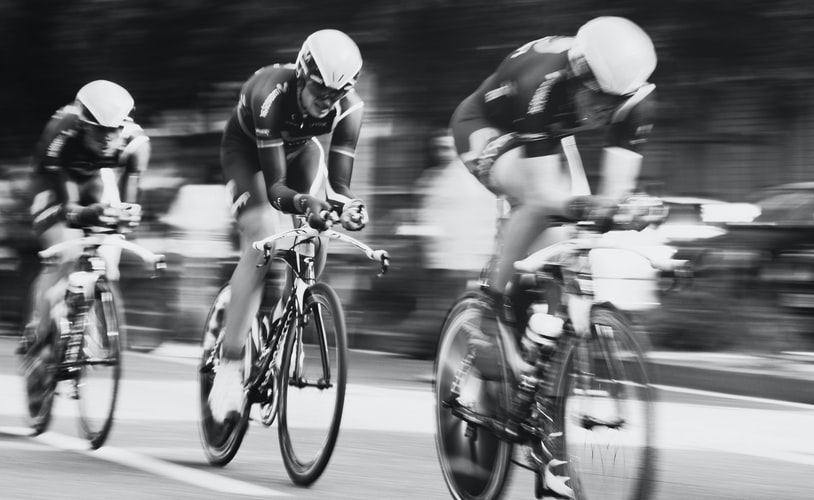Athletics are a great way to promote positive mental health. They get you up and moving regularly, give you positive goals to aspire to, and help you to work as part of a team and feel as though you are a member of a community.
However, athletic competition can also be extremely stressful on both the body and the mind. Couple this with the fact that an athlete’s body is often under scrutiny, both by themselves and from third parties, and it’s no surprise that athletes can be prone to developing eating disorders.
Risk factors
As with any person, there are a myriad of reasons that an eating disorder might develop. A history of eating disorders within the family, such as an excessive focus on diet culture in the home, can be a catalyst. Some of the things that can exacerbate eating disorders in athletes specifically are:
- Sports with a strong emphasis on appearance. This can be things such as bodybuilding, weight lifting, gymnastics, or diving. Any sport where an athlete has to achieve a specific weight or amount of muscle definition is a risk for over-focus on how the body looks, and therefore for eating disorders.
- Sports which focus on the individual rather than the performance of the team.
- A belief that lower body weight can improve performance.
- Coaches or family members who focus heavily on performance and outcomes rather than on the athlete as a whole.
- Training for a sport since childhood, or being a very high level ‘elite’
Eating disorder treatment
If an athlete develops an eating disorder, the method of treatment will be similar to if any other person developed an eating disorder.
First and foremost, it is essential that you see your physician to get advice on the best options for you. It may be that your physician recommends a period of psychological therapy to help you to get to the root of the issue, or they may prescribe medication to help regulate mood.
You may even find it helpful to undergo a period of inpatient treatment at a specialist facility like Eden Treatment. Many people find it incredibly helpful to be able to focus solely on their recovery for a period of time, surrounded by professionals who are experts in their field.
How to protect yourself
If you are concerned that you could be prone to developing an eating disorder as an athlete, there are a few measures that you can take to protect yourself.
One of the most important things you can do is to ensure that you are working with a person-centered coach and who will look after you as a whole person, rather than being concerned solely with your athletic performance.
It’s also a good idea to educate yourself on nutrition and approach your training with a view to helping your body perform at it’s best. Backed by nutritional knowledge, you will find yourself wanting to eat healthily to fuel your performance.
Finally, it’s really important that you connect socially with people who have positive ideas about bodies and body image. Surrounding yourself with these types of people will help you to foster these positive ideas within yourself.

